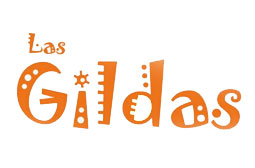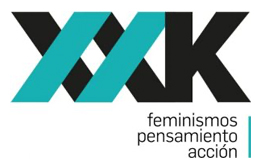This video has timestamped descriptions to allow viewers to jump to particular topics and sections. Links will open the video in YouTube.

We are women who come from social movements– commitment to the social and political world was normal for us, it was what we had been doing since we were kids. Some of us were in La Jov, Brigadas de Paz, Interpueblos, or solidarity committees, but we were friends and we met up every week to eat dinner in someone’s house. We talked about what we were living in that moment: the need or not to have children, the topic of sexuality, things that worried us, we’d talk about all of it. We enjoyed it but but we also felt the need and desire to share it so that it wasn’t just ours, we wanted to share it with society. It was something that we felt, and it didn’t just come from a place of political ideology, but also from the desire to encounter and connect with other people. (…) We met people in Castro that sold goods that they cooked, so then we thought, “Why don’t we do something like that in Santander, since we like to cook and drink wine?” (…) One Sunday 7 of us opened with food that we had cooked, we sold it, and that’s how it all began. It grew bit by bit, in the first year there were 7 of us and we opened every Sunday, but we eventually started to need more hands. (…) Las Gildas has contributed to the mobilization of resources that have allowed for the development of projects in communities in Chiapas, Argentina, Cuba, Bolivia, Peru, Guatemala, Columbia, India, Palestine, Sahara, and Haiti. It was decided that on Sundays, tapas and bites would be served accompanied by vermouth or white wine, and all proceeds would go towards projects promoting social change in locations that are excluded from other forms of aid. This support for international realities has been accompanied by the formation of a local network that searches for alternatives to social and local problems.





